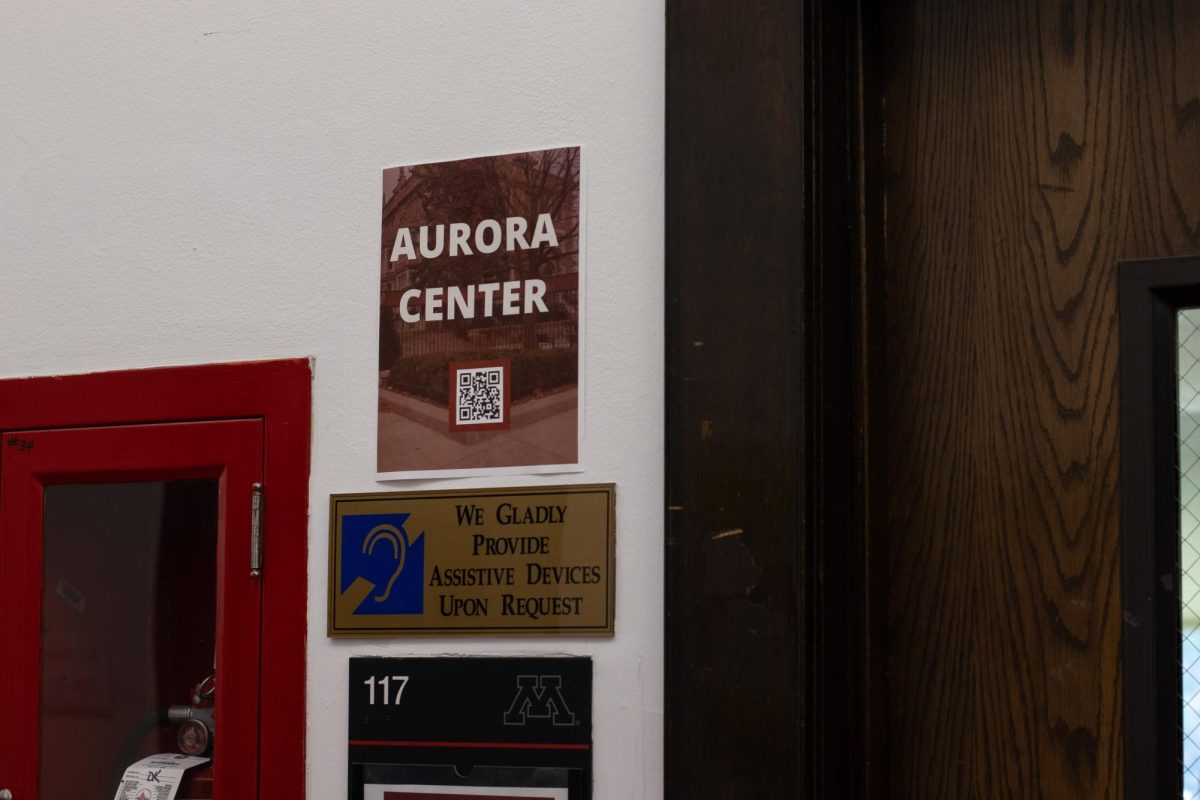The 41st president of the United States, George H. W. Bush passed away last week. As a series of announcements spilled out from various news organizations, publications scrambled to put together an obituary that was worthy of a man who was previously one of the most powerful in the world.
However, as we watched his death unfold in the media, the coverage stirred some controversy. Many disagreed over the most appropriate way to remember a man of Bush Sr.’s caliber. Some of the announcements mentioned his tumultuous time in office, some focused on his failure to serve a second term, and some only focused on his accomplishments — the positive ones at that.
The controversy lies in the various ways there are to remember a president. The problem is the American public does not agree on what is appropriate to mention in the death of a president. Do we focus on the good? On the triumphs? On the battles won and political fires doused?
Many believe that yes, in fact, that is the only way to remember a man who’s life purpose was to be a public servant. But I am not so sure. I don’t disagree that President Bush was a great man and that a man like him is a rare one in the modern age. In fact, I rather admire him. However, I would also believe it to be an insult to the memory of a undoubtedly impressive man to ignore his struggles.
The presidency is no easy task and to pretend that it is — and that those who are brave enough to sign up for the job do not endure impossible struggle and unbelievable stress — is, to say the least, insulting to those who do it.
Bush Senior was one of the first politicians to resign a lifelong membership to the National Rifle Association in the wake of increasingly deadly shootings and an increasingly shameless organization. He was also one of the first to really, truly admit the existence of climate change and vow to combat it — something that feels otherworldly when we think of modern Republicans.
He played a pivotal role in the passage of the Clean Air Act Amendments. Bush forged a new path toward cleaner fuel and better cars. He had no issue working with Democrats, not only with regards to the environment but also in helping to pass the Americans with Disabilities Act.
However, he also harshly criticized the 1964 Civil Rights Act. He vehemently opposed abortion and he pardoned many of those involved in Iran-Contra in self-interest.
Bush’s major problem was he, all too often, was willing to forgo his beliefs and values in the interest of appealing to the new conservatism. Bush supported the 1968 Fair Housing Act, yet he denounced the Civil Rights Act while trudging along on the campaign trail. And while he had long been pro-choice, it was a position on which he was willing to waver when it was no longer convenient – in other words, when Ronald Reagan asked him to be his running mate.
He also released what is arguably one of the most racist political advertisements in American history: the Willie Horton ad.
Bush was eventually unseated by a young and charming Bill Clinton, who was problematic in his own right, due to a mounting economic struggle.
Bush did a lot of good things, but he was not a perfect man and he did not have perfect presidency. To pretend otherwise is, I believe, an insult to history and an insult to his memory. Respect for the dead is centuries long tradition, but negating the historical record does not wash it away.
We can respect a man who spent his life serving the country, and still be honest about the ways in which he served.







